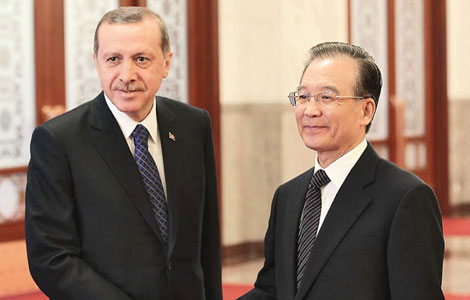 |
|
|
|
|||||||||
China plans to withdraw 38 types of food additive from the market, in response to rising concerns over food safety.
Analysts said the targeted additives are used in many food products, including candies, cakes, and canned meat and fruit.
The food additives are mainly used for preserving freshness, and improving taste and appearance.
The draft proposal was posted on the Ministry of Health website on Friday for public comment until April 20.
Dong Jinshi, executive vice-president of the International Food Packaging Association based in Hong Kong, said the central government was updating its list of food additives, which had not kept up with market trends.
"Most of the 38 food additives are now obsolete and have been abandoned by food manufacturers because of their reduced effectiveness or high cost. The updated list of additives will help regulate the market in food products," he said.
"However, some natural food additives are listed to be withdrawn because of their high cost, and more artificial additives will pour into the market to replace them, and that may pose potential health risks."
For instance, fenugreek gum, a natural thickening agent used in baked food and candies, is on the proposed list.
Almost half the 38 additives listed are pigments, but food and nutrition experts said there would be little change in the appearance of food products without them.
Most of the pigments to be withdrawn can be replaced by similar additives at lower prices, Wang Zhutian, a researcher from the China National Center for Food Safety Risk Assessment, told China National Radio on Monday.
Wang Shiping, a food science and nutrition professor at China Agricultural University, said there had been a sharp increase in recent years in the amount of additives used in food processing, partly due to higher expectations by consumers.
"Food products with a longer preservation period and good appearance always sell well. Therefore, food enterprises now tend to use large amounts of additives," he said on Monday.
Wang said people should be more aware of food quality when they buy food, rather than making choices based on appearance.
Public concern over food safety continues to be high in China, following the melamine milk scare in 2008 and the use of the illegal additive, clenbuterol, by farmers to feed pigs in Henan province in March 2011.
Dong Jinshi suggested authorities should also crack down on the illegal use of food additives and set stricter content levels.

|

|

|

|

|

|